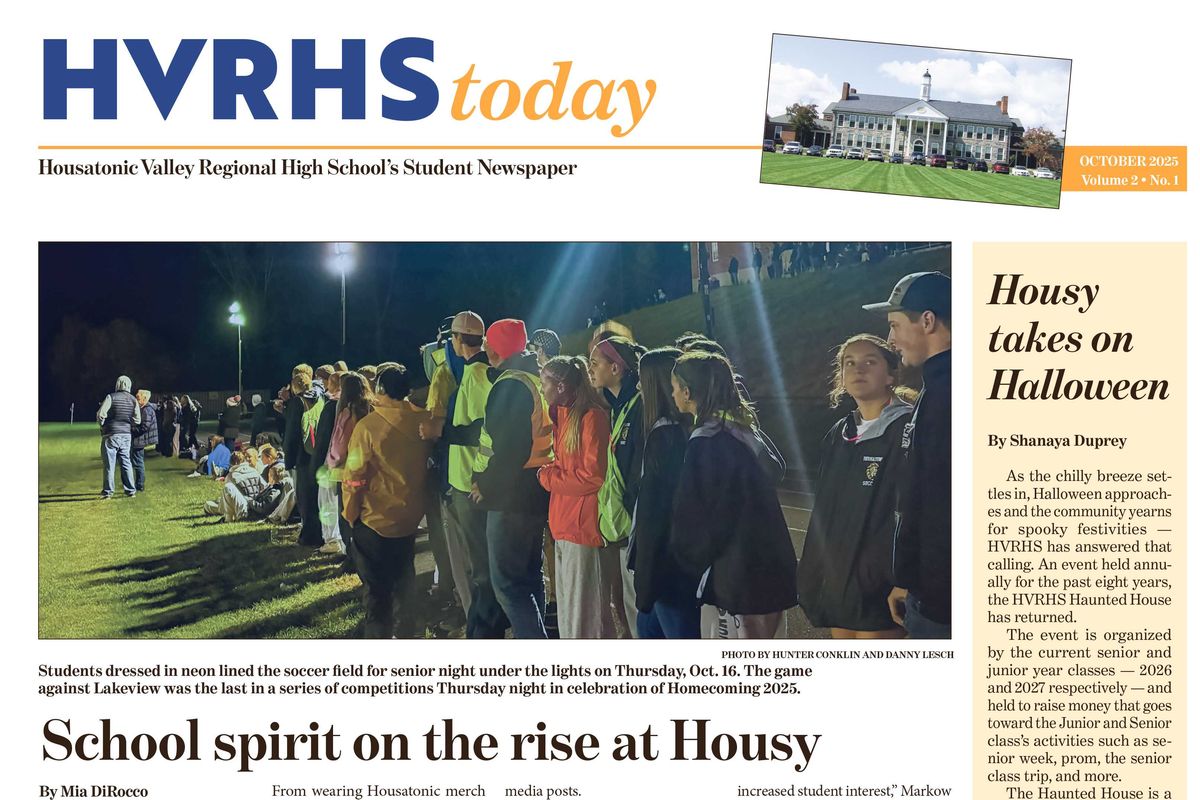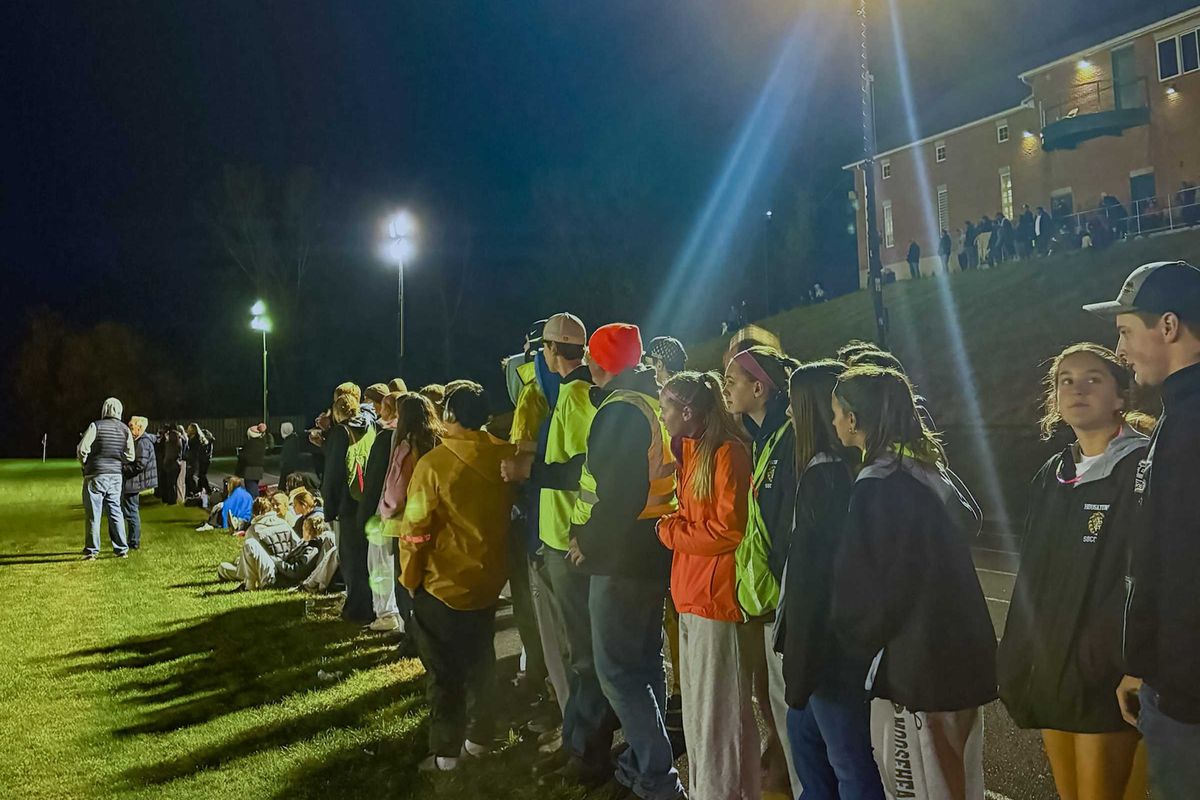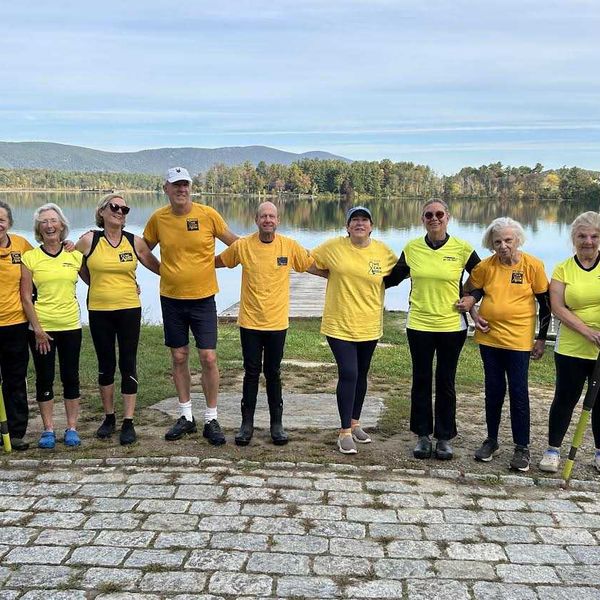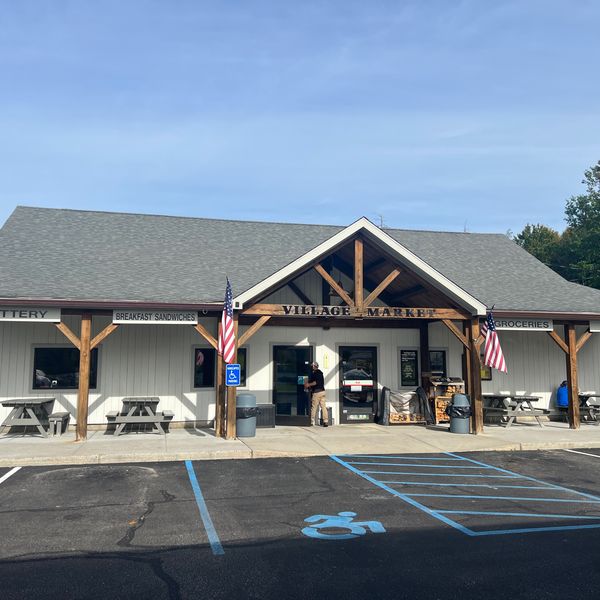2023 graduates receive health care scholarships

Awardees of the 2023 SVNA scholarship posed with giant $10,000 checks on Tuesday, Aug. 1. From left: Madeline Krasowski, Warren; Zoe Gillette, Lakeville; Emma Colley, Sharon; Micah Matsudaira, Cornwall; Luke Mollica, West Cornwall.
Photo by Maud Doyle

 Jackson McAvoy is a junior at HVRHS.Photo by Riley Klein
Jackson McAvoy is a junior at HVRHS.Photo by Riley Klein








